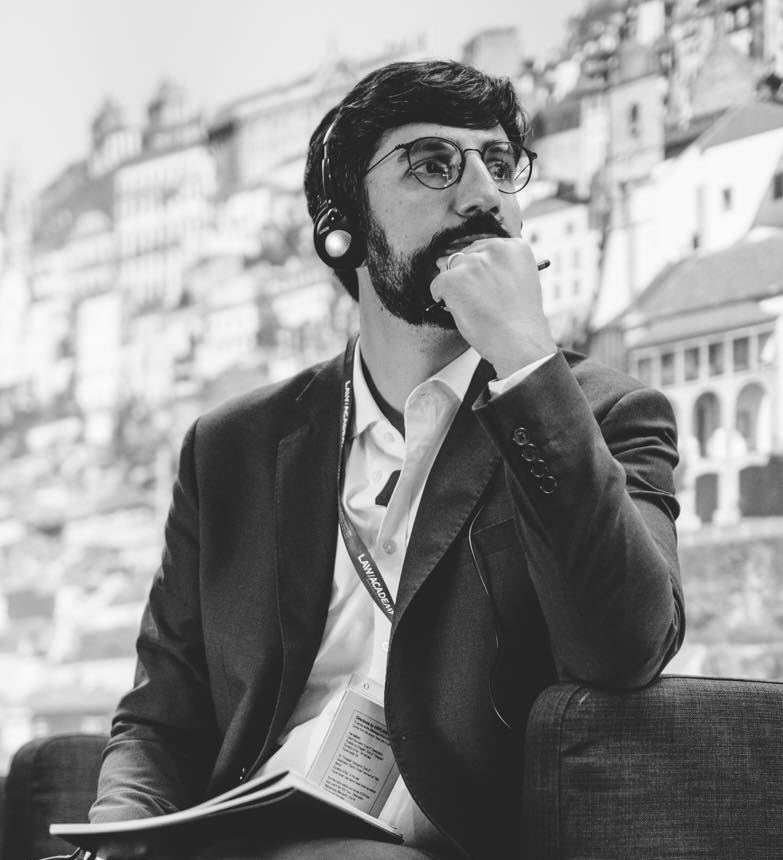AUFF starting grant of 2,200,000 kr. for Vincenzo Pietrogiovanni from Department of Law
The project: 'Artificial Intelligence and the Future of Labour Law' aims to evaluate the impact of new technologies on labour regulation (on both the individual employment contract and the collective relationships) and propose feasible solutions for a sustainable AI at work.

AI at work consists of physical and engineered systems where physical and cyber elements interact in an unprecedented fashion, profoundly altering the production model of businesses. Machines and computational systems, indeed, create repeatability and predictable data patterns that algorithms consider as ‘norms’ used as the basis for decisions on human workforce.
If AI is able to boost business productivity in an unprecedented way, however, its application does not necessarily respect labour law because it may result in violations of freedom and dignity of employees along with privacy issues. As technologies might (re)produce discriminations of any sort, be it on grounds of race, sexual orientation, religious beliefs, political views, and so forth. Additionally, a deeper human-machine interaction can present uncanny risks for health and safety of workers.
AI can also question the traditional collective relationships between employers, employees and their organisations. For instance, shall automation be a basic feature for collective bargaining? And how shall social partners negotiate it?
'There is a big debate on AI and its future disruptive effects on employment, and society in general. However, I think we need to investigate deeply the real challenges as well as the possible opportunities that AI will create in order to improve labour law in the 21st century', says Vincenzo Pietrogiovanni.
In order to undertake this project, Vincenzo Pietrogiovanni has been awarded an AUFF starting grant of 2,200,000 DKK, which will be used mainly for hiring two postdocs: one postdoc is meant to research on the implications of AI on employment contracts, while the other will focus on the impact of AI on collective labour law.
'I am extremely happy and honoured by this grant. First, because after at least two years of applying, I have finally succeeded. I truly believe that this is an important topic – which has the attention also of governments and international organisations, such as the ILO – and the outcomes of this research may contribute to improving working conditions of people in the future. Moreover, the timing of this grant is perfect. As said before, there is a big debate on AI but, scholarly speaking, the research on the matter has not been fully structured yet. Therefore, this project is a great starting point, which will attract two junior researchers at Aarhus University and, hopefully, put AU in the global map as one of the leading research centres for studies on AI and labour law.'


![[Translate to English:] Bogens forside med link til forlagets side om bogen [Translate to English:] Bogens forside med link til forlagets side om bogen](https://law.medarbejdere.au.dk/fileadmin/_processed_/0/8/csm_environmental_law_in_denmark_3_djoef_kluwer90_43ff23fb80.jpg)


![[Translate to English:] Gerard Hogan [Translate to English:] Gerard Hogan](https://law.medarbejdere.au.dk/fileadmin/_processed_/f/a/csm_Gerard_Hogan_LK_05_WEB__68340300d3.jpg)